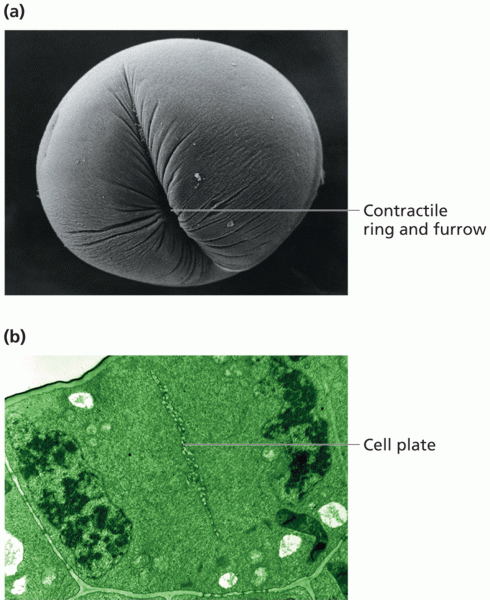|
|
|
Increased intake of vitamin D has been shown to reduce fractures up to 25% in older people.
The Centers for Disease Control and Prevention has released reports detailing the deaths of infants (younger than 1 year of age) who died after being given cold and cough medications. This underscores the importance of educating parents that children younger than 2 years of age should never be given over-the-counter cold and cough medications without consulting their physicians.
Pubic lice (crabs) are usually spread through sexual contact. You cannot catch them by using a public toilet.
The first documented use of surgical anesthesia in the United States was in Connecticut in 1844.
Asthma occurs in one in 11 children and in one in 12 adults. African Americans and Latinos have a higher risk for developing asthma than other groups.







